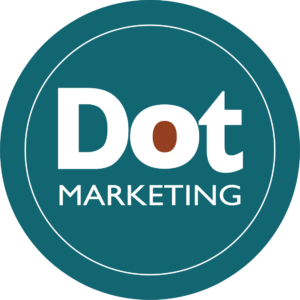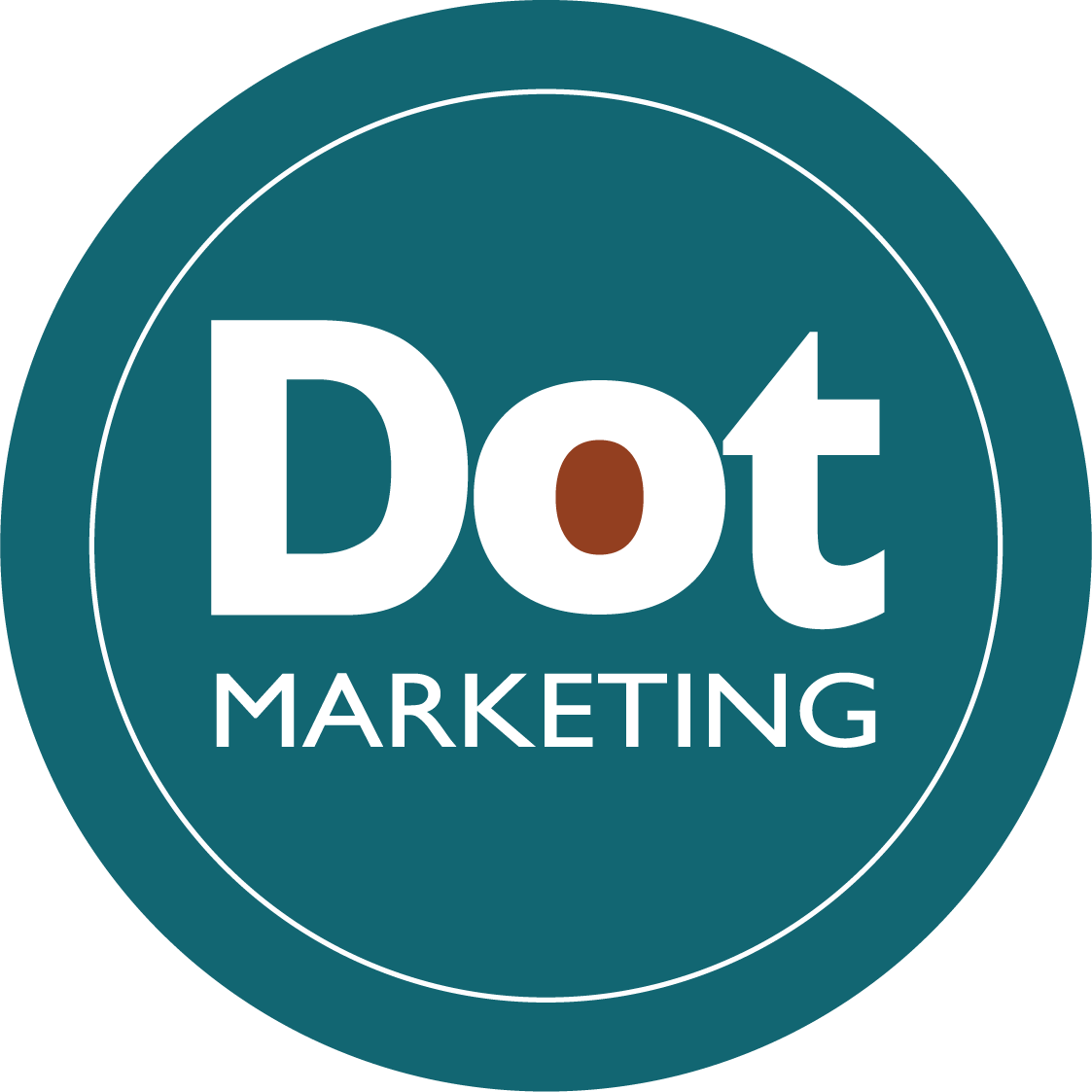Having a website is no longer optional for businesses looking to establish an online presence. But simply having a website isn’t enough. To truly thrive online, you need your website to be discoverable by your target audience. This is where Search Engine Optimization (SEO) comes in. SEO is the practice of optimizing your website to rank higher in search engine results pages (SERPs) for relevant keywords.
The platform you choose to build your website on can significantly impact your SEO efforts. Different platforms offer varying levels of control, customization, and built-in SEO features. In this article, we’ll explore the pros and cons of some of the top 5 most popular website building platforms.

1. WordPress
WordPress is a widely used content management system (CMS) for building websites. Here’s a breakdown of its strengths and weaknesses:

WordPress Strengths:
- Free and Open Source: WordPress itself is free to download and use. There’s a massive community of developers creating free themes and plugins, making it very cost-effective.
- User-Friendly: While not quite as drag-and-drop as Wix, WordPress offers a user-friendly interface for managing content, even for beginners.
- Extensive Plugins: There’s a plugin for almost anything you can imagine, adding features like contact forms, e-commerce functionality, SEO optimization, and more. This vast ecosystem makes WordPress highly versatile.
- Themes and Customization: Thousands of free and paid themes allow you to customize the look and feel of your website to a great extent. You can also create custom themes with coding knowledge.
- SEO Friendly: WordPress is built with SEO (Search Engine Optimization) in mind, making it easier for your website to rank higher in search results.
- Scalability: WordPress can handle small personal blogs to large and complex websites with millions of visitors.
WordPress Weaknesses:
- Security Concerns: Being open-source, WordPress can be a target for hackers if not properly maintained. Regular updates, strong passwords, and security plugins are essential to protect your website and avoid SEO penalties from malware or code injections.
- Plugin Dependence: Many SEO tasks rely on plugins, which can add complexity and ongoing costs if you need premium features. Additionally, poorly coded plugins can actually hurt your SEO if they introduce technical issues.
- Technical SEO Knowledge Needed: While user-friendly, effectively utilizing WordPress for SEO does require some understanding of technical SEO concepts. Optimizing page structure, schema markup, and server-side settings might require additional learning or developer assistance.
- Can Be Slow Out of the Box: A website built on WordPress can suffer from performance issues if not optimized. Using a caching plugin, optimizing images, and choosing a performance-oriented web host are crucial for good SEO.
2. Wix
Wix is a popular website builder known for its ease of use. Here’s a breakdown of its strengths and weaknesses:

Wix Strengths:
- User-friendly: Wix’s drag-and-drop interface is intuitive and beginner-friendly, even for those with no coding experience.
- Templates: They offer a wide variety of attractive and mobile-responsive templates to choose from for a quick start.
- Customization: You can customize the design of your website to fit your brand, though there are limitations compared to some platforms.
- Features: Wix offers a marketplace with various apps to extend the functionality of your website, from adding a blog to managing an online store.
- Security: All Wix websites include an SSL certificate for secure transactions.
Wix Weaknesses:
- Limited Flexibility: Once you choose a template, it’s difficult to switch to a different one later. This can restrict design changes down the line.
- Non-Transferable Sites: Websites built on Wix cannot be exported and hosted elsewhere.
- Limited Integrations: While they have an app marketplace, Wix doesn’t allow integration with external third-party apps or plugins you might find elsewhere.
- Basic Analytics: Free plans have limited data on website traffic, and advanced analytics require a paid subscription.
- Potential for Slow Speeds: Some Wix websites can experience slower loading times compared to sites built on other platforms.
3. Square
Square as a website builder (Square Online) caters more towards a specific niche compared to its POS system. Here’s a breakdown of its strengths and weaknesses:

Square Strengths:
- Free Plan: Square Online offers a free plan with basic features, allowing businesses to get a simple online store up and running at no upfront cost.
- Ease of Use: Similar to its POS system, Square Online boasts a user-friendly interface that makes it easy to set up and manage your online store, even for beginners with no coding experience.
- Mobile-Responsive Design: Square Online ensures your website looks good and functions properly across different devices, including phones and tablets.
- Inventory Management: Square integrates seamlessly with its POS system, allowing you to manage inventory across both your physical store and online store in one place.
- Social Selling: Square Online allows you to easily integrate your online store with Facebook and Instagram, opening up additional sales channels through social media.
Square Weaknesses:
- Limited Features: Square Online is designed for simplicity and may lack advanced features found on other e-commerce platforms, such as customer accounts, advanced discount codes, or in-depth analytics.
- Transaction Fees: While the free plan is attractive, transaction fees can add up for businesses with high sales volume. Paid plans offer lower transaction fees, but can increase overall costs.
- Design Limitations: Square Online offers templates to get you started, but the customization options might be limited compared to more design-focused platforms.
4. Webflow
Webflow stands out as a unique website builder because it blends design flexibility with code-free development. Here’s a look at both the strengths and weaknesses of Webflow:
Webflow Strengths:
- Visual Design Powerhouse: Webflow offers a superior visual design interface compared to many website builders. You have precise control over layout, animations, and interactions, allowing for creation of highly customized and visually-appealing websites.
- Clean Code Export: Unlike some website builders, Webflow allows you to export clean, well-structured code. This gives you more control and flexibility over your website in the long run, and even lets you bring in a developer for further customization if needed.
- Built-in CMS: Webflow has a robust Content Management System (CMS) built-in. This allows for easy management of website content like text, images, and products without needing to touch any code.
- Rapid Prototyping: The visual nature of Webflow makes it ideal for rapid prototyping. You can experiment with different design ideas and layouts quickly without writing code.
- Collaboration Features: Webflow offers collaboration features that allow multiple users to work on a website simultaneously. This is useful for design teams or agencies working with clients.
Webflow Weaknesses:
- Learning Curve: While aimed at non-coders, Webflow has a steeper learning curve compared to simpler website builders. It might take some time to get comfortable with the interface and its functionalities.
- Limited Third-Party Integrations: Webflow doesn’t offer as many third-party integrations as some competitors. This might limit functionality for specific needs if a desired feature isn’t natively supported.
- Pricing: Webflow’s pricing structure is based on collections (CMS items) and website traffic. This can become expensive for large and content-heavy websites or those with high traffic volume.
- No Free Plan: Unlike some website builders, Webflow doesn’t offer a free plan with limited features. You’ll need to commit to a paid plan to build and host your website.
5. Shopify
Shopify is a popular all-in-one e-commerce platform that empowers businesses to set up and manage their online stores. Here’s a breakdown of its strengths and weaknesses:

Shopify Strengths:
- Easy to Use: Shopify boasts a user-friendly interface with drag-and-drop functionalities. Even users with no coding experience can set up and manage their online store relatively easily.
- Wide Range of Features: Shopify offers a comprehensive set of features out of the box, including product management, inventory control, payment processing, shipping options, marketing tools, and built-in analytics.
- Scalability: Shopify can accommodate businesses of various sizes, from startups to high-volume enterprises. Their plans scale with your needs, allowing you to upgrade as your business grows.
- App Store: Shopify’s app store provides a vast library of third-party apps and extensions. This allows you to extend the functionality of your store and add features specific to your business needs.
- Security and Reliability: Shopify takes pride in its secure and reliable platform. They handle server maintenance, security updates, and ensure uptime for your online store.
Shopify Weaknesses:
- Pricing: Shopify’s monthly fees can be considered a weakness for businesses just starting out. Transaction fees on basic plans can also add up for high-volume stores.
- Limited Design Customization: While Shopify offers a variety of themes, the ability to heavily customize the look and feel of your store can be limited without coding knowledge or paid theme developers.
- App Dependence: Certain functionalities often require third-party apps from the app store, which can add to your overall costs and introduce complexity.
- No Email Hosting: Shopify itself doesn’t offer email hosting services. You’ll need to use a separate provider for email marketing campaigns or transactional emails.
- Difficult Exit Strategy: Migrating your store away from Shopify to a different platform can be a complex and challenging process.
As you can see, there’s no one-size-fits-all answer when it comes to choosing the best website building platform for SEO. The ideal platform depends on your specific needs, technical expertise, and budget. However, by understanding the SEO strengths and weaknesses of each platform, you can make an informed decision that sets your website up for long-term search engine success.
Remember, SEO is an ongoing process. Regardless of the platform you choose, dedication to creating high-quality content, staying up-to-date with SEO best practices, and adapting to search engine algorithm changes will be crucial for maintaining your website’s visibility in search results.

If you are looking for a partner to help you with your new or existing website, contact Dot Marketing today!
Dot Marketing is focused on delivering results—the only metric that matters!
Call us at 605-519-5740 or click the button below to schedule your free consultation.

